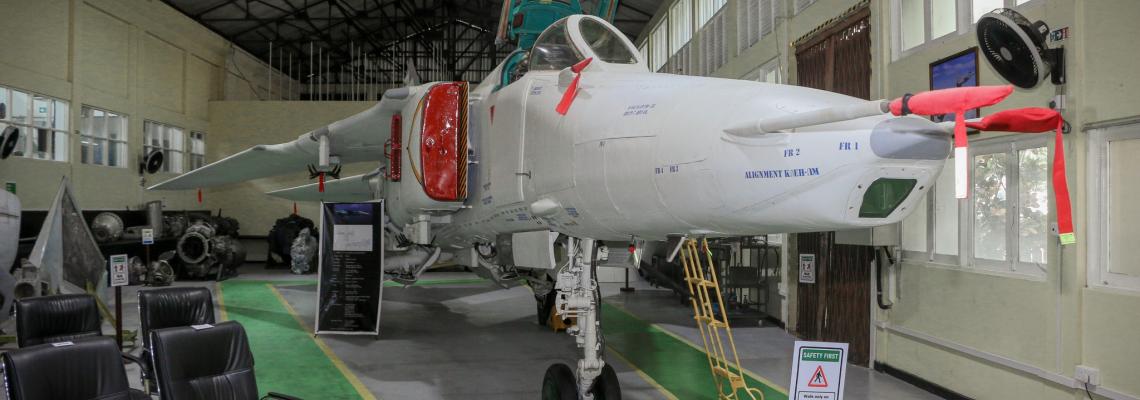Researcher(s)
Supervisor(s)
Dr. Nissanka NAID / Dr. (Mrs.) Wijewardane MA
Laboratory
Abstract
Energy demand for building air conditioning and heating account for a significant fraction of the global electricity demand. With global average temperatures projected to increase throughout the 21st century, building energy demand is slated to also increase. Most of the energy efficient building codes developed are mainly focused on new buildings, while the existing buildings which pose a significant threat to the building air conditioning energy loads. The impacts of climate change on building air conditioning energy demand for existing buildings can be reduced by establishing future energy demand patterns and by effective usage of passive cooling strategies. This study aims to investigate the current demand for the building air conditioning in selected existing buildings and predict energy demand for predicted future climate scenarios to establish the electricity demand patterns and investigate effectiveness of passive cooling strategies to counteract the effects of climate change on cooling energy usage of existing buildings. The knowledge gained by the investigation will have a significant importance in terms of mitigating climate change challenges and identifying counteracting measures in neutralizing climate effect in building cooling energy in different climate environments.
Keywords
Climate change, Existing buildings, Cooling energy demand mitigation, Passive cooling, Energy demand prediction, Global warming
Publications
- “A study on climate change impact on cooling energy demand patterns of an existing building”, Presented at International conference on sustainable built environment (ICSBE), University of Peradeniya, Sri Lanka (2020/12/10-2020/12/12)








